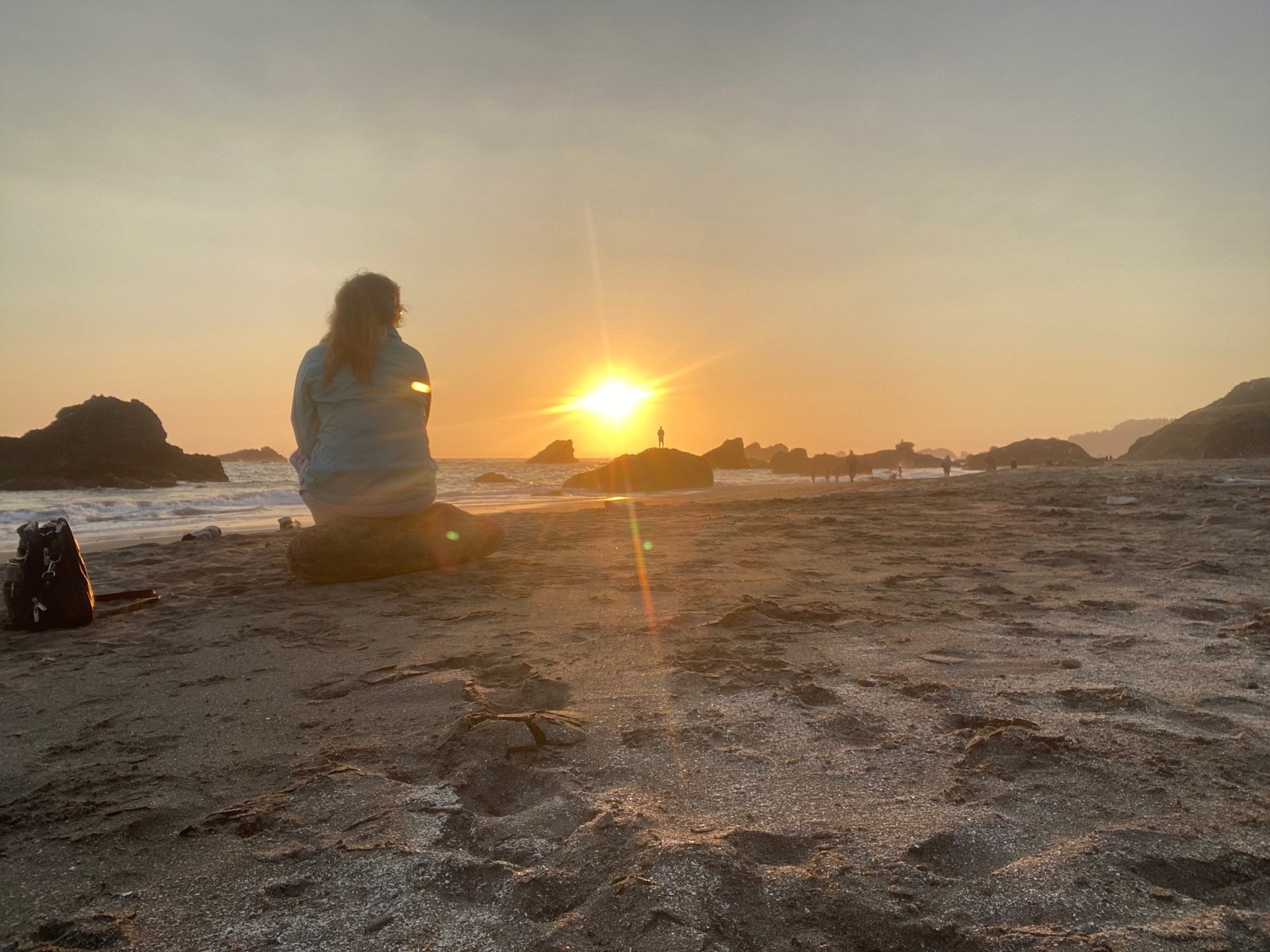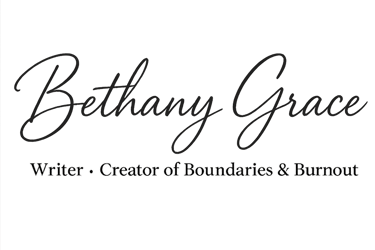
1. The Company comes first
When loyalty becomes silence
BURNOUTSETTING BOUNDARIESTOXIC WORKADVOCATING
Bethany Grace
11/12/20253 min read


The Same Promise, Different Day
We were all told the same thing: help is coming.
Every meeting, every conversation — “We’ve got a stack of applications.”
But the truth never changed.
We were always short-staffed.
And when someone new did show up, it was only a matter of time before they were gone.
Some didn’t make it through their first full day.
Others lasted a few weeks before realizing this wasn’t the kind of “team” they wanted to be a part of.
If management fired them, the reason was always the same — “They weren’t working out.”
But no one stopped to ask if they were simply in the wrong spot.
No one tried to move people, to see where they might fit best.
It wasn’t about finding potential — it was about finding replacements.
We didn’t work extra hours, but we carried extra weight.
The kind that doesn’t show up on a timesheet — frustration, pressure, and exhaustion that built up little by little.
Becoming the Utility
It wasn’t until I became a utility that I started to really see it — all of it.
The constant turnover. The quiet resentment. The tired faces that showed up anyway because that’s what we did.
People started to talk to me.
Maybe because I listened without pretending to fix things.
Maybe because I understood the frustration that came with feeling invisible.
The more I heard, the heavier it felt.
Their words stuck with me long after I left for the day.
Stories of unfair treatment, of people trying their best and being met with silence.
Good workers losing hope, watching the same problems cycle through different names.
And the worst part?
Most of them didn’t expect things to change anymore.
They just needed someone to listen.
Loyalty or Fear
We were told to be proud. To put the company first.
To be grateful we had a job when others didn’t.
To not “stir the pot.”
But pride doesn’t keep people healthy.
And gratitude shouldn’t mean silence.
The culture ran on fear disguised as loyalty —
fear of speaking up,
fear of losing your spot,
fear of being labeled “the problem.”
And I carried that fear too — until I realized that silence only protected the people who created the problem in the first place.
The Breaking Point of Belief
Somewhere between listening to their stories and living my own, I stopped believing the promises.
I stopped believing that the next hire would fix everything.
That management cared.
That we were a “family.”
Because real families don’t ignore pain.
They don’t ask you to sacrifice your sanity for the sake of production.
They don’t tell you to stay quiet when something’s wrong.
That realization hurt — because I’d given nearly a decade of my life to that place.
But it was also freeing.
I couldn’t unsee the truth anymore.
And once you see the truth, you can’t keep pretending you don’t.
Finding My Voice Again
Becoming a utility gave me perspective.
But it also gave me purpose.
I started to stand up for the people I worked beside — not because it was easy, but because I couldn’t stay silent anymore.
I saw how much they were giving, how much it cost them, how little they were heard.
And maybe that was the start of my own boundary — realizing that caring too much without power to change things was breaking me, too.
Still, I spoke up.
Because someone had to.
Because silence was the company’s language — and I was done speaking it.
After the Silence
When you speak up in a place built on silence, you don’t just break a rule — you break an illusion.
The illusion that loyalty protects you.
That management is listening.
That being good and kind is enough.
When I found my voice, I also found the truth:
I could advocate, care, and fight for others — but I couldn’t change a system that refused to see people as human.
And that’s where the burnout really began.
Not from the work itself, but from the weight of caring in a place that didn’t.
But this is also where my boundaries were born.
Because once I realized my voice mattered, I couldn’t go back to being quiet.
I couldn’t unlearn what it meant to stand up — for them, and for myself.
This was the beginning of the end — and the beginning of something better.


